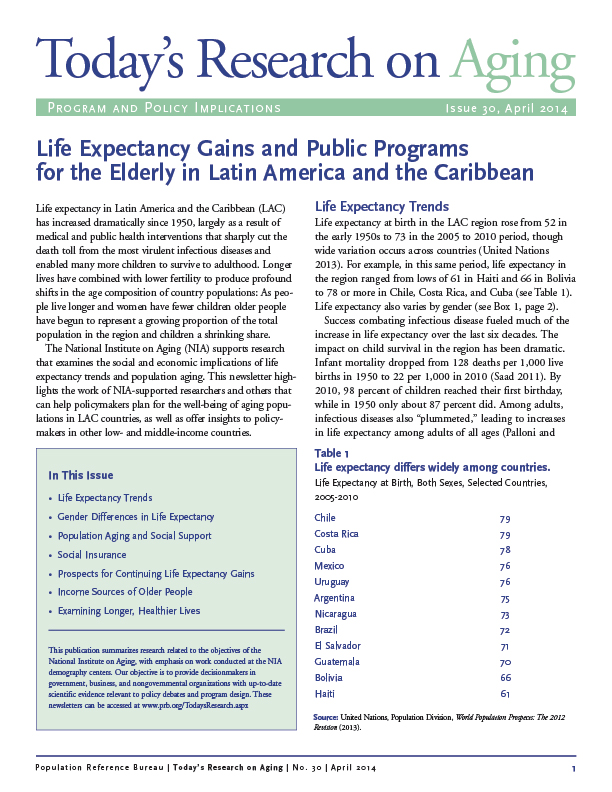Population Size Not Alone in Shaping Climate Impact; Aging and Urbanization Also Key
(2012) The impact of humans on climate is shaped by choices such as what we eat, where we live, how we travel, and how we heat our homes. Research has shown that all of these consumption patterns are influenced by various demographic characteristics, yet most projections of future emissions and related climate impacts focus only on population size.

